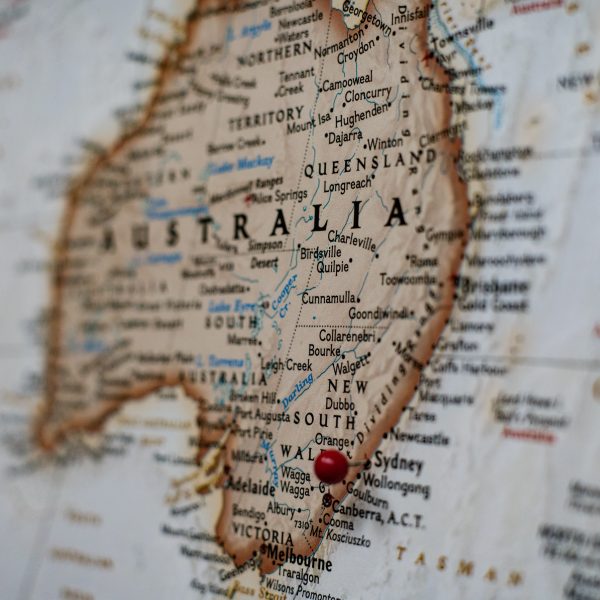New tool helps businesses to measure their impact on children

UNICEF and the Global Child Forum have released a tool that supports businesses to measure their impact on children.
The Children’s Rights and Business Atlas is designed to help businesses and industries assess the potential and actual impacts of their choices on the lives of children, and aims to integrate children’s rights and due diligence practices and procedures.
The authors of the atlas point out that children are impacted by businesses every day in a variety of ways: as consumers, community members, and dependents of workers. Therefore, they say, children’s rights are impacted by company policies, products, operations, sourcing activities, and business relationships.
“Children are among the most marginalised and vulnerable members of society and can be disproportionately, severely, and permanently impacted by business activities, operations, and relationships,” Special Representative of the United Nations Secretary-General on Business and Human Rights Professor John Ruggie said.
Taking an international focus, the atlas first considers child labour and philanthropic corporate social responsibility, before considering the broader impacts of business on children, seeking to help companies to better understand and manage their impacts on children.
The atlas uses publically available country data and industry analysis, along with practical due diligence tools and guidance to meet its aims. Those using the atlas are able to conduct a country-by-country assessment of 200 countries, to look at children’s rights in the workplace, marketplace, community and environment using the data, indices, analysis and tools.
Pro Bono News quotes Alison Elliott, Senior Policy Advisor at UNICEF Australia, as saying the way the atlas is used would vary from country to country. Ms Elliott gave the example of companies in Australia being advised of heightened risks related to high rates of childhood obesity, which would have implications for companies marketing and advertising high fat, sugar and salt products.
“There is a clear need for Australian businesses to understand the risks that may exist both domestically and internationally, as well as through business partners, subsidiary companies and source countries in their global supply chains,” Pro Bono News quotes Ms Elliott as saying.
“We know that it can be challenging for companies to identify how and where their operations can negatively impact children – because they can often be affected in indirect and unintended ways,” she said.
Ms Elliott is quoted as saying that the atlas will better equip companies to assess the specific risks to children and families in countries where they operate, so they can take proactive steps to prevent and mitigate potential harm to those children, and avoid business risk at the same time.
The atlas was presented at the UN Forum on Business and Human Rights in Geneva, and was developed in alignment with the Convention on the Rights of the Child, using the due diligence processes from the UN Guiding Principles on Business and Human Rights.
More information about the atlas, and associated tools, can be found here.
Popular

Policy
Economics
Jobs News
Provider
Workforce
Children’s Services Award changes finalised to address gender-based undervaluation
2025-12-12 06:58:10
by Fiona Alston

Provider
Workforce
Quality
Fair Work Commission confirms forced resignation grounds in case involving early learning provider
2025-12-08 07:30:23
by Fiona Alston

Workforce
Quality
Practice
Provider
Research
How one teacher is using Little J & Big Cuz to build empathy, understanding and confidence in First Nations learning
2025-12-08 07:15:19
by Fiona Alston
















